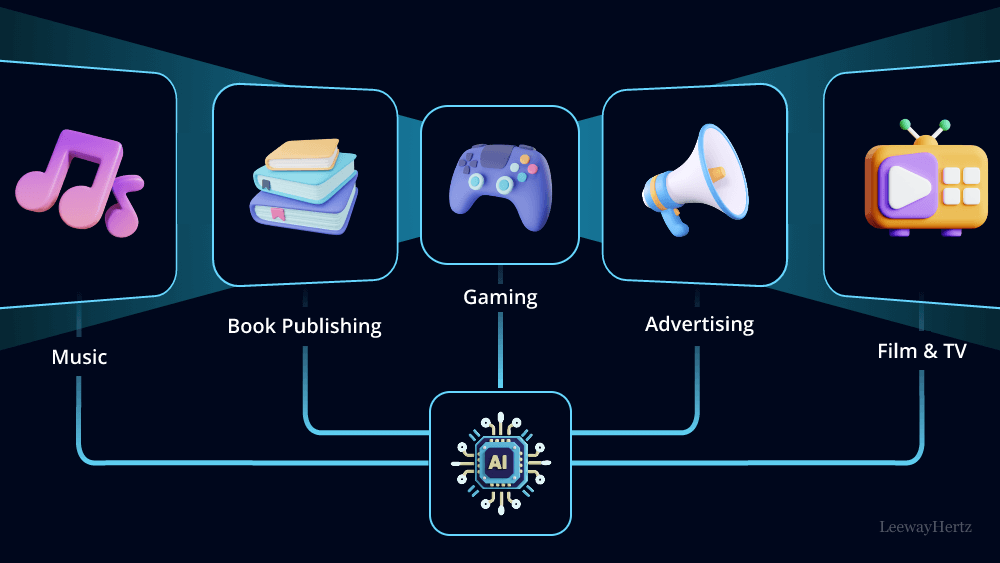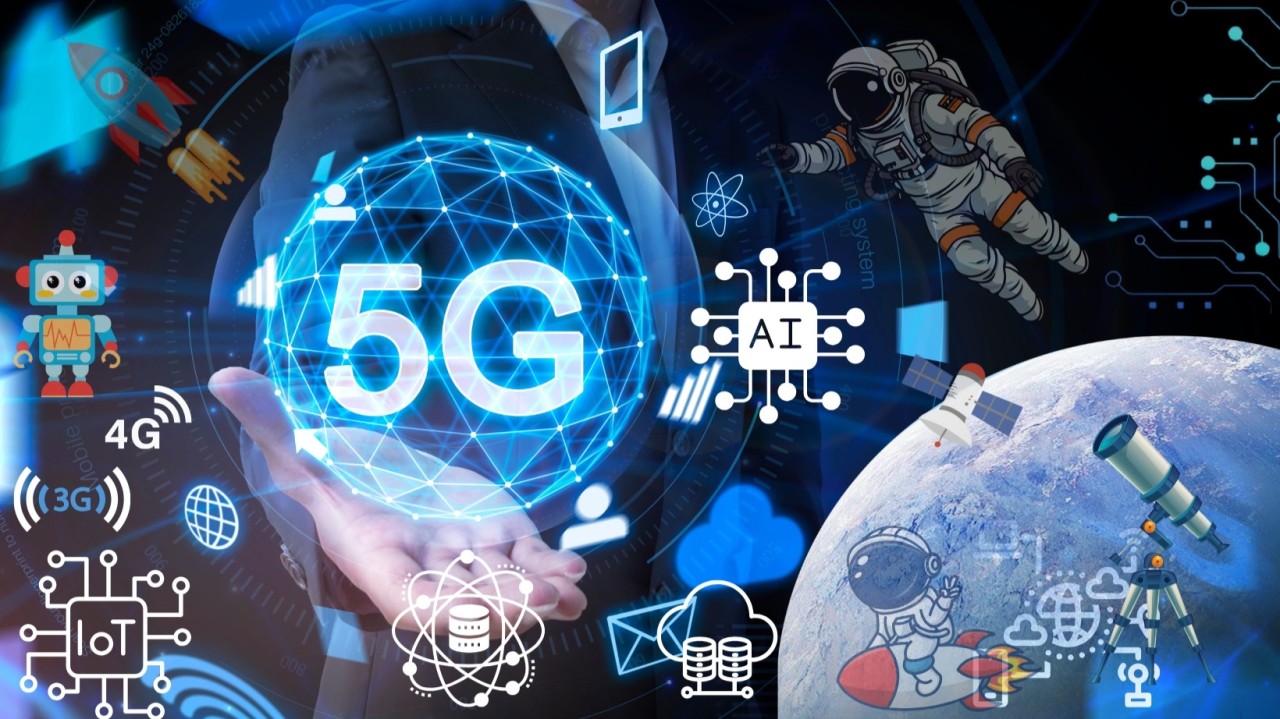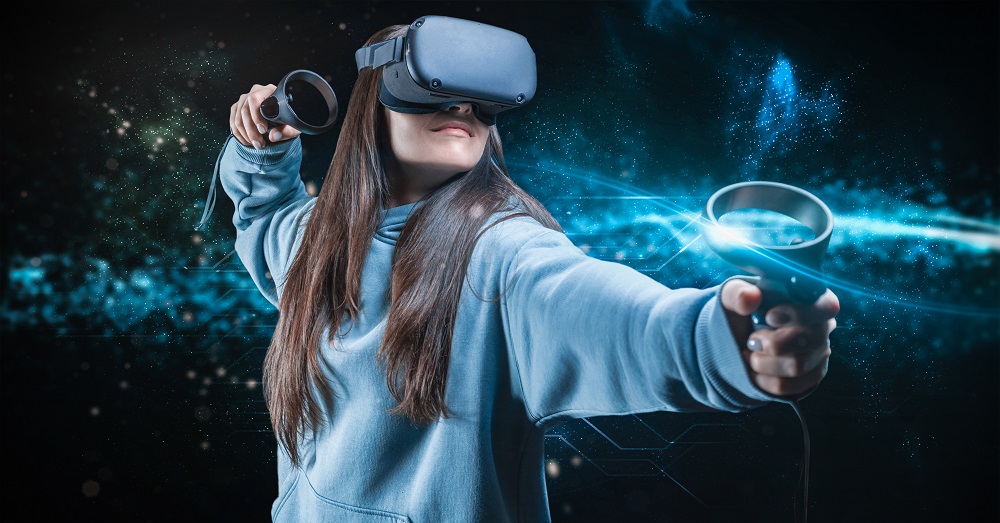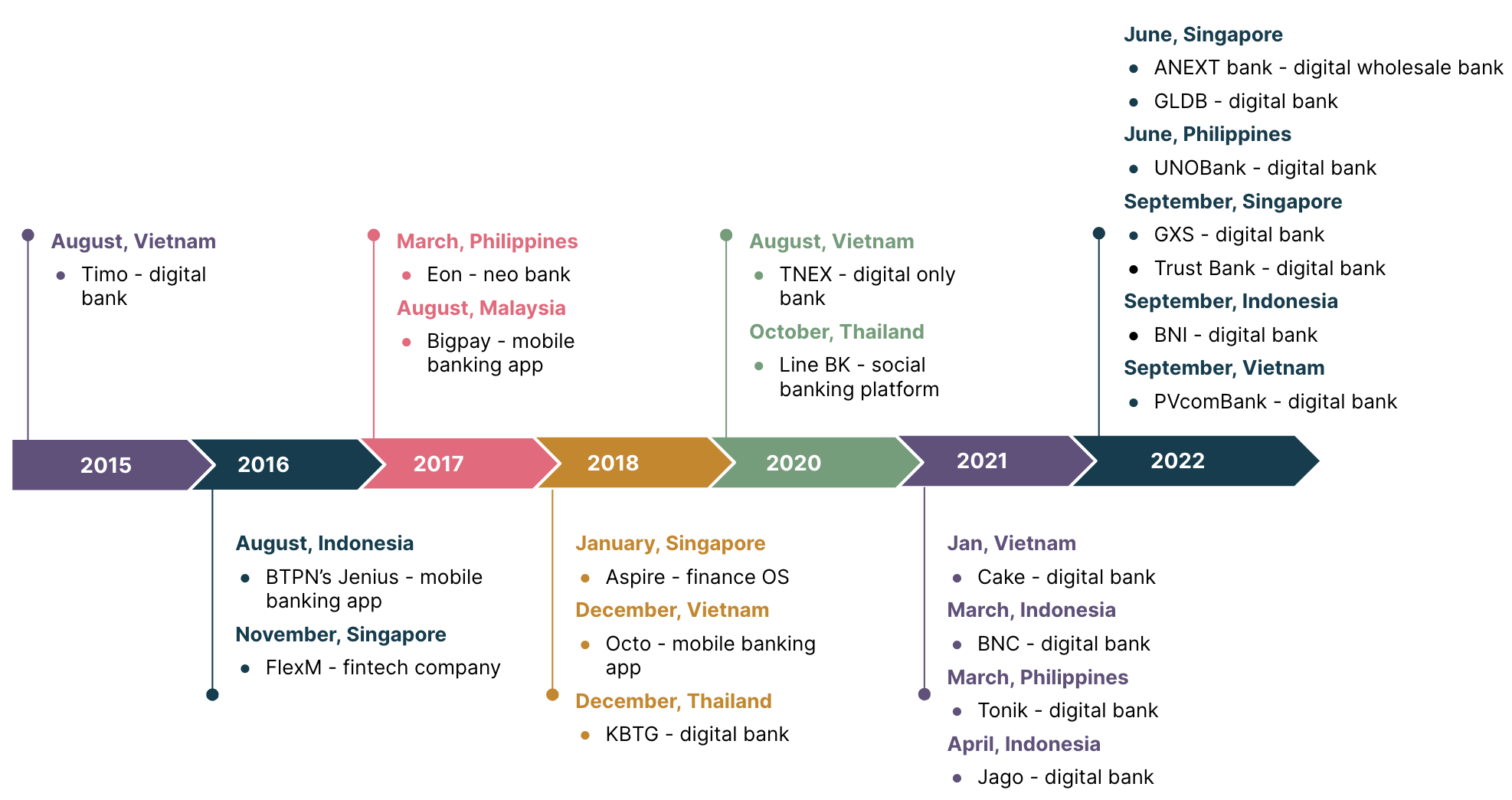Introduction
Artificial intelligence is rapidly transforming the media and entertainment industry, revolutionizing how content is created, distributed, and consumed. From music and film production to video games and streaming services, AI tools are helping creators produce high-quality work faster, more efficiently, and with greater personalization. The integration of AI has opened new creative possibilities while challenging traditional production methods.
In 2025, media companies are using AI to automate repetitive tasks such as video editing, sound mixing, and subtitling. AI-driven analytics help content creators understand audience preferences, enabling more targeted storytelling. As a result, studios, streaming platforms, and independent creators can make data-informed decisions without sacrificing artistic quality.
AI in Film and Video Production
AI technologies are now central to filmmaking. From script analysis to pre-visualization, AI can predict audience reactions, suggest edits, and optimize narrative structures. Machine learning models analyze box office trends and streaming data to determine which storylines or genres are most likely to succeed.
Automated video editing tools can cut raw footage into polished sequences in a fraction of the time traditional editing would require. Visual effects and CGI enhancements are increasingly AI-assisted, allowing for realistic simulations and animations while reducing production costs. Studios can now produce blockbuster-quality content more efficiently than ever before.
Transforming Music and Audio Production
The music industry is also experiencing a major shift thanks to AI. Algorithms can generate original compositions, suggest harmonies, and even master tracks with minimal human input. Artists can experiment with new sounds and styles using AI-assisted tools that provide real-time feedback and creative suggestions.
AI also plays a key role in music distribution. Streaming platforms analyze listening patterns and recommend personalized playlists, helping artists reach their target audiences more effectively. By leveraging AI, both emerging and established musicians can better understand trends and optimize their content strategies.
Gaming and Interactive Media
AI is transforming the gaming industry by creating smarter, more responsive characters, adaptive storylines, and immersive virtual worlds. Machine learning algorithms can adjust game difficulty based on player skill, improving engagement and retention. Procedural generation powered by AI allows designers to produce expansive game environments without manually creating every detail.
Virtual and augmented reality experiences are also enhanced by AI, offering dynamic interactions and realistic simulations. These technologies make gaming more immersive and personalized, catering to individual player preferences while expanding creative possibilities for developers.
Content Personalization and Recommendation Systems
One of AI’s most visible impacts is in content recommendation. Streaming platforms like Netflix, Disney+, and YouTube rely on AI-driven algorithms to suggest videos, shows, and movies tailored to each user’s interests. This personalization increases engagement, viewer satisfaction, and subscription retention.
AI systems analyze viewing history, search behavior, and demographic data to optimize content delivery. These insights allow media companies to predict trends, plan new releases, and create marketing strategies that resonate with their audiences.
AI-Generated Visuals and Graphics
AI-powered graphics tools are increasingly used in digital media, advertising, and film production. From generating photorealistic images to creating dynamic animations, AI reduces the time and labor required for visual production. Marketers and creators can experiment with multiple design iterations in real time, enabling more rapid and cost-effective campaigns.
In addition, AI can assist in brand design and visual storytelling, helping creators align imagery with audience preferences. This intersection of creativity and technology is redefining the boundaries of digital media production.
Ethical Considerations in AI Content Creation
Despite its potential, AI in media raises ethical challenges. Questions about authorship, copyright, and creative ownership are becoming increasingly important. Who owns an AI-generated song, film, or artwork? Media companies and regulators are grappling with these issues as AI content becomes more prevalent.
Bias in AI-generated media is another concern. Algorithms trained on existing data may replicate stereotypes or exclude diverse perspectives. Ensuring fairness, inclusivity, and transparency in AI content creation is crucial to maintain credibility and social responsibility.
The Role of Human Creators
While AI can enhance productivity, human creativity remains indispensable. Writers, directors, musicians, and designers bring intuition, emotional intelligence, and cultural understanding that machines cannot replicate. The most effective content creation occurs when AI supports human vision rather than replaces it.
Collaboration between AI and humans allows creators to experiment freely, automate routine tasks, and focus on storytelling, innovation, and audience engagement. This synergy is redefining creative workflows across the media industry.
AI in Marketing and Audience Engagement
AI is also transforming how media organizations market content. Predictive analytics and behavioral modeling help studios, streaming platforms, and brands target campaigns more effectively. AI can segment audiences, optimize ad placement, and personalize promotions, increasing return on investment.
Social media platforms leverage AI to analyze trends, sentiment, and engagement patterns. Creators can adjust content strategies in real time, ensuring relevance and maximizing audience impact.
The Future of AI in Media and Entertainment
Looking ahead, AI is expected to become even more integrated into creative industries. Technologies such as deep learning, natural language generation, and generative AI will continue to expand the possibilities for content creation. Virtual influencers, AI-assisted storytelling, and real-time interactive media are already emerging as mainstream innovations.
The future of media and entertainment will depend on balancing AI efficiency with human creativity, ethical oversight, and audience trust. Organizations that successfully integrate AI into their workflows while preserving artistic integrity will lead the next era of content innovation.
FAQs
How is AI changing content creation?
AI automates editing, music composition, visual effects, and personalized recommendations, allowing creators to work faster and smarter.
Does AI replace human creativity?
No. AI enhances human creativity by handling repetitive tasks, but storytelling and emotional depth remain uniquely human.
What are the ethical concerns of AI in media?
Copyright, authorship, bias, and transparency are key concerns that require careful oversight in AI-generated content.
How does AI personalize entertainment experiences?
By analyzing user behavior, AI tailors recommendations for streaming, music, gaming, and interactive media, increasing engagement.
Will AI dominate media production in the future?
AI will increasingly support creative workflows, but human oversight and innovation will remain essential for authentic, high-quality content.
Conclusion
Artificial intelligence is transforming media and entertainment by enhancing creativity, efficiency, and personalization. It enables content creators to produce high-quality work faster, optimize audience engagement, and explore innovative storytelling techniques. AI has become an indispensable tool that complements human skill in every aspect of the industry.
Yet, the essence of media creation remains human. Intuition, emotional intelligence, and artistic vision cannot be replicated by machines. The future of media and entertainment lies in the collaboration between AI and human creators, where technology empowers imagination and creativity while preserving authenticity, trust, and cultural relevance.










